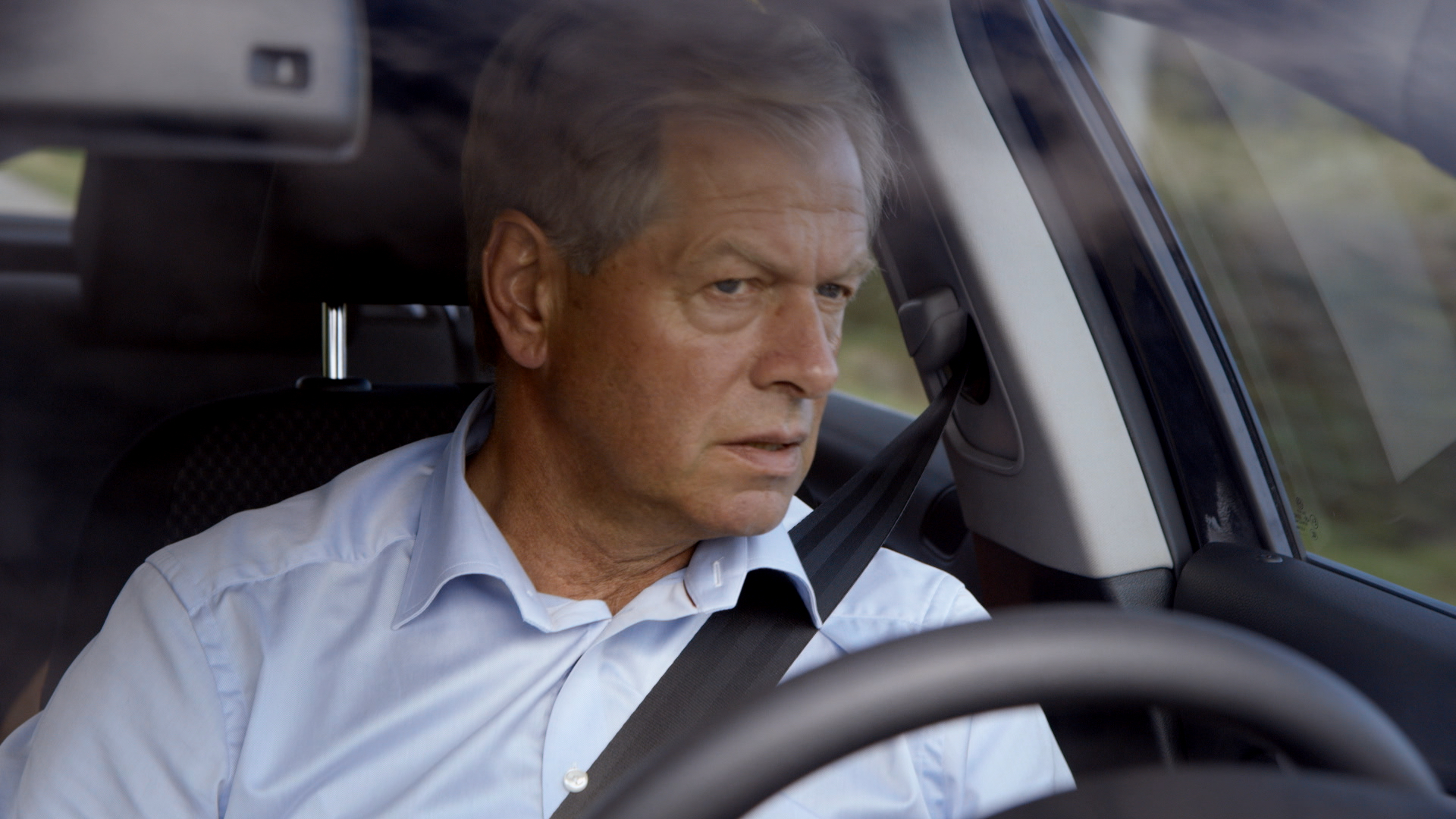15 minutes – The Dvor Massacre
Georg Larsen, Kasper Vedsmand
In the summer of 1995 Jørgen Kold, Danish officer and commander of a UN camp in Dvor, Croatia, made a decision that would change his life forever. While his soldiers witnessed the cold-blooded execution of nine disabled persons at a stone’s throw from the camp, he refrained from intervening.
The Danish battalion in Dvor was originally mandated to uphold the ceasefire between Serbs and Croatians, with the soldiers being authorized to use their weapons in self-defense only. After the ceasefire had come to an end in the summer of 1995, ‘Operation Storm’ forced some 250,000 Serbs to flee. The end of the ceasefire left the UN soldiers without mandate; they received orders to remain within the boundaries of their camps and to refrain from further intervention in the war.
When the soldiers witnessed how nine innocent disabled persons were slaughtered only a few yards from the camp in the summer of 1995, their commander Kold forbade them to intervene on the grounds that he did not receive the go-ahead from his superiors.
Kold returns to the crime scene twenty years later to face the moral dilemma that has haunted him ever since. He speaks to former commanders of both sides and listens to the heartbreaking reports of survivors. Should he have ignored the order to prevent the massacre? Or was he a victim of failing UN policy himself?
Credits
- Director
- Georg Larsen, Kasper Vedsmand
- Producer
- Anne Köhncke
- Year
- 2015
- Country of production
- Croatia, Denmark
- Duration
- 59 minutes
- Spoken language
- Croatian, Danish, English, Serbian
- Subtitles
- EN
- Production company
- Final Cut for Real ApS
- World Sales
- DR Sales
